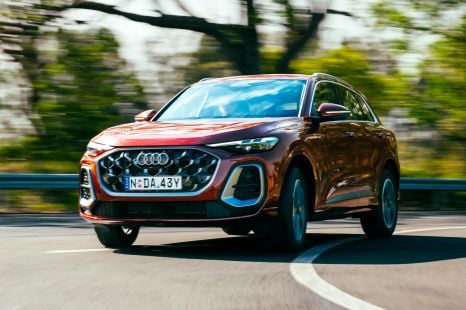

James Wong
2026 Audi Q5 review: Quick drive
5 Days Ago

Journalist
Audi has thrown down an electric gauntlet to its German luxury compatriots.
Overnight the brand announced it will launch its last new global model with internal combustion engines (ICE) in 2025 — a year earlier than reports earlier this week indicated.
The marque will then begin “gradually phasing out the production of internal combustion engines until 2033”.
There’s one gaping hole and a bit of wiggle room in Audi’s plans, though.
Audi says it “expects to see continued demand [for cars with ICE] in China beyond 2033, which is why there could be a supply of vehicles there with combustion engines manufactured locally”.
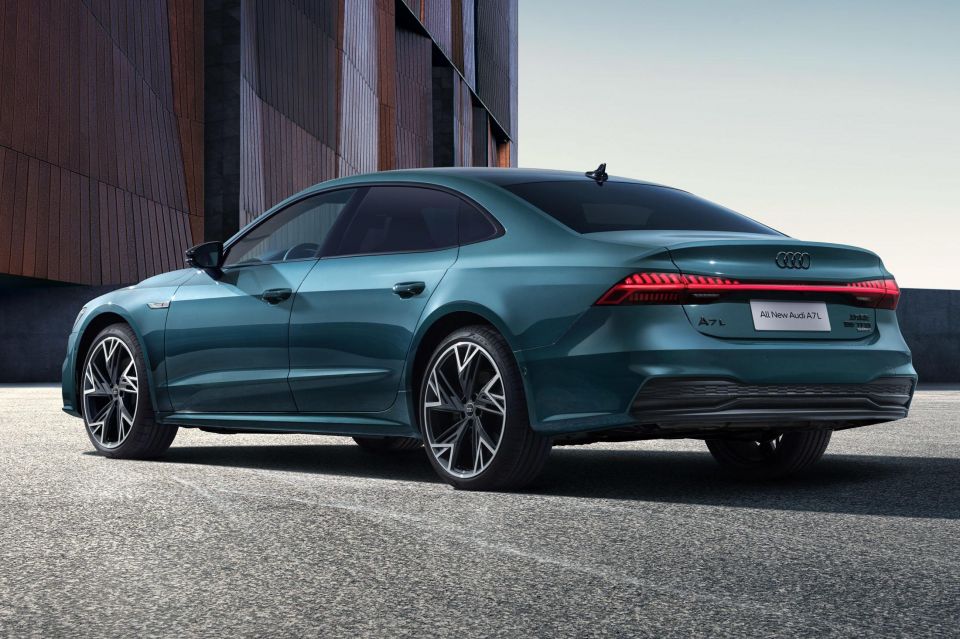
It also believes “the exact timing of the combustion engine’s discontinuation at Audi will ultimately be decided by customers and legislation”.
At present there are only three EV models in Audi’s range: the E-Tron and E-Tron Sportback crossovers based on the MLB Evo architecture, and the E-Tron GT sports sedan that shares a lot in common with the Porsche Taycan.
None are exactly high-volume models.
Audi’s EV transition will gain speed later this year when the MEB-based Audi Q4 E-Tron crossover goes on sale in Europe.
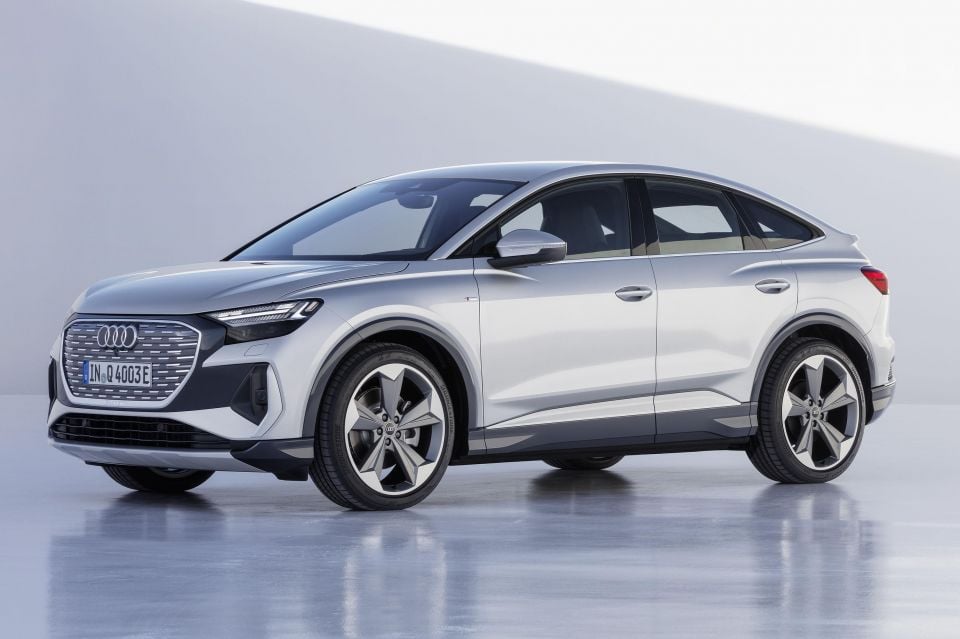
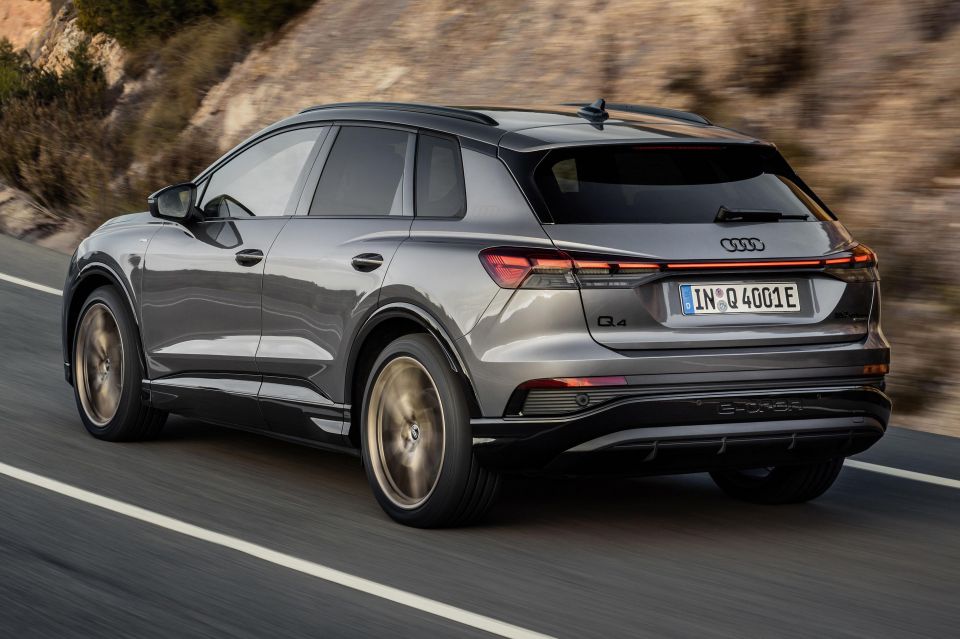
This will be followed by the Q6 E-Tron crossover and A6 E-Tron sedan, both of which utilise the PPE platform being developed with Porsche.
All up, Audi is planning to have at least 20 electric models in its range by 2025.
“With this roadmap, we are creating the clarity necessary to make a decisive and powerful transition to the electric age. We’re sending the signal that Audi is ready,” Markus Duesmann, Audi’s CEO, said in a prepared statement.
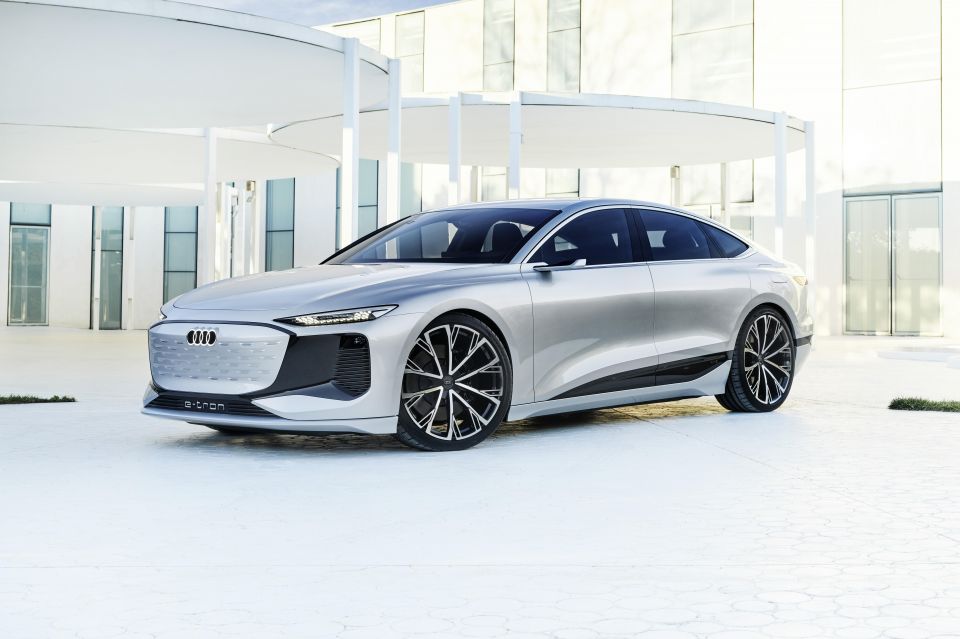
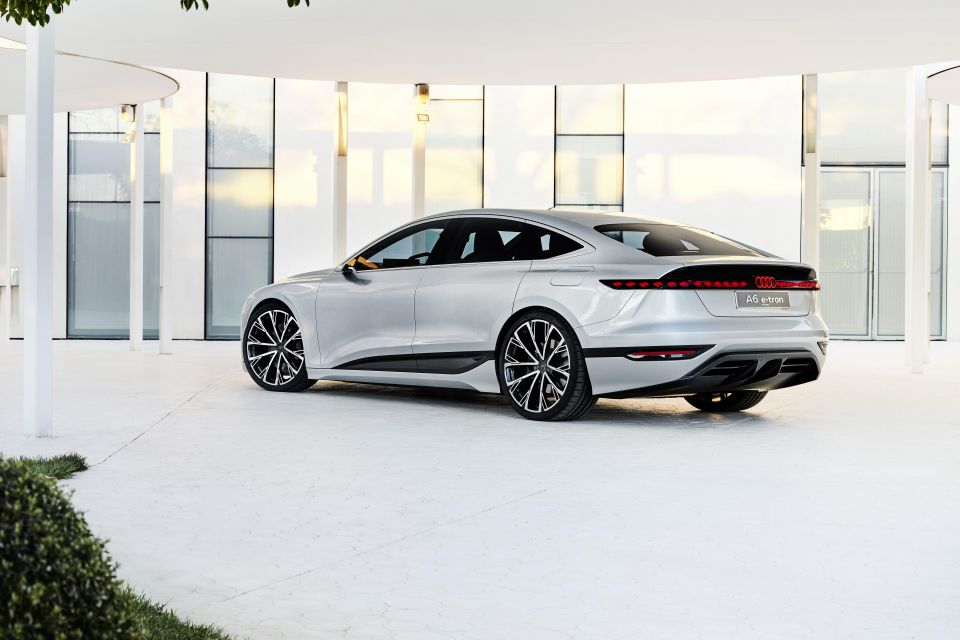
Although it will soon cease development of new ICE-powered vehicles, the company claims it will be “investing all its efforts in the development of the combustion engine right up to its final discontinuation”.
As part of this, the company says it will “further expand its PHEV range”, although it hasn’t outlined how many plug-in hybrids are in the works.
The automaker has set itself the goal of having net-zero emissions by 2050 “at the latest”.
Through its own initiatives, as well as the coronavirus pandemic, Audi’s greenhouse gas emissions have fallen by 63 per cent over the past three years.

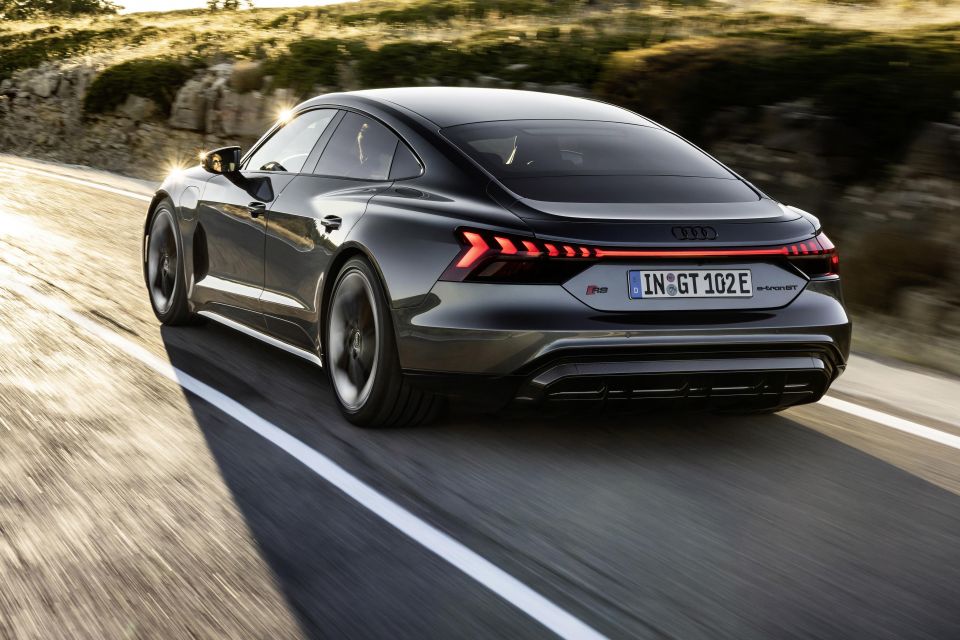
According to the company’s calculations, the automaker — both directly and indirectly — emitted 231,334 tonnes of greenhouse gasses in 2020.
So far two of Audi’s European factories are considered carbon neutral: Brussels, Belgium, and Győr, Hungary. Both of these sites have large solar arrays.
Where expert car reviews meet expert car buying – CarExpert gives you trusted advice, personalised service and real savings on your next new car.
Derek Fung would love to tell you about his multiple degrees, but he's too busy writing up some news right now. In his spare time Derek loves chasing automotive rabbits down the hole. Based in New York, New York, Derek loves to travel and is very much a window not an aisle person.


James Wong
5 Days Ago


James Wong
5 Days Ago


Max Davies
4 Days Ago
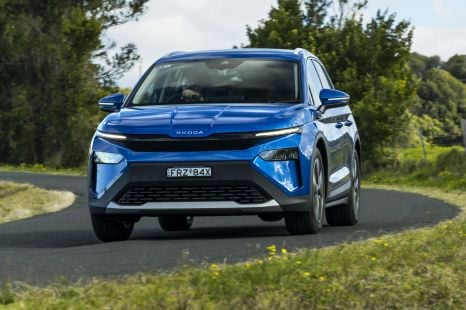

Josh Nevett
2 Days Ago


Max Davies
2 Days Ago
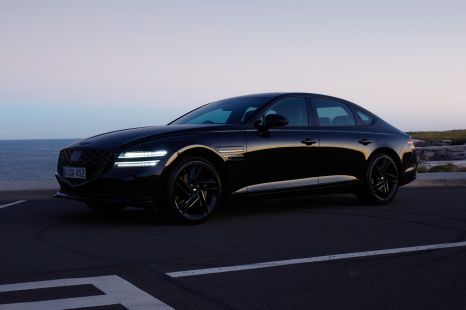

William Stopford
1 Day Ago